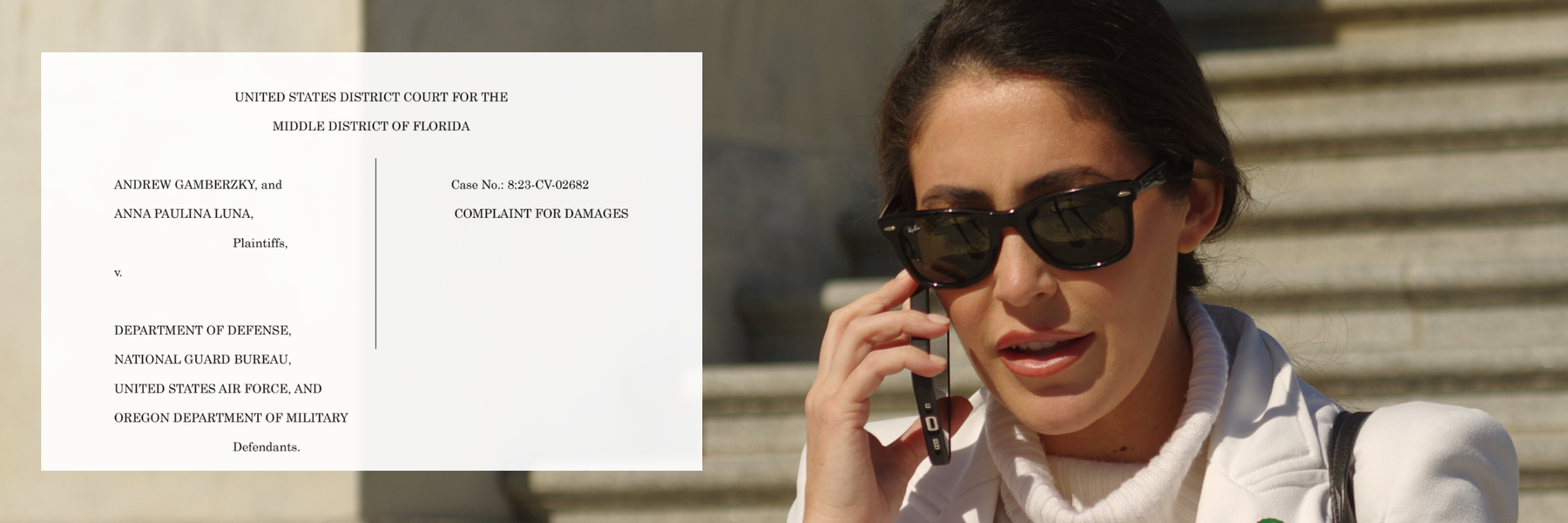In this week’s FOIA round-up, lawsuits mount across the Sunshine State amid recounts of three statewide races, and records reveal the Central Intelligence Agency considered subbing torture for “truth serum” interrogations after 9/11. What’s more, Oregon’s Psychiatric Security Review Board claims low recidivism among those acquitted of crimes based on insanity claims, despite internal emails about a study that reveals the opposite.
See a great use of public records we missed? Send over your favorite FOIA stories via email, on Twitter, or on Facebook, and maybe we’ll include them in the next round-up. And if you’d like even more inspiration, read past round-ups.
Florida midterm recounts spark lawsuits
Lawsuits have popped up a;; across Florida in the wake of ballot recounts for the 2018 midterm elections, the Miami Herald reported. Recounts are currently under way for three statewide races: a Senate race contested by Republican Governor Rick Scott and Democratic Senator Bill Nelson; the gubernatorial race contested by Republican Ron DeSantis and Democrat Andrew Gillum; and the race for state agricultural commissioner contested by Republican Matt Caldwell and Democrat Nikki Fried.
The Herald summarized 11 of the most important lawsuits filed in the state. Of them, Scott is involved in six. Broward County Supervisor of Elections Brenda Snipes is the defendant in four. Florida Secretary of State Ken Detzner is the defendant in another three.
Scott’s lawsuits allege Snipes violated public records laws and claim Palm Beach County Supervisor of Elections Susan Bucher failed to allow the county’s canvassing board to inspect absentee ballots. Scott also aimed to block absentee ballots received after 7 p.m. Election Day and suggested police impound vote-tabulation machines and ballots in Broward and Palm Beach Counties when the recount is not under way.
As a result of these lawsuits so far, Snipes released data on the number of ballots cast in the county, broken down by absentee, early and Election Day votes, to Scott’s campaign. Ballots disqualified by Bucher and her team in Palm Beach County must be reviewed by the Palm Beach County Canvassing Board. Additional law enforcement officers were appointed to oversee the recount, but neither county ordered police to impound the machines when not recounting.
A lawsuit the League of Women Voters, Common Cause and Joanne Lynch Aye filed against Scott, on the other hand, claims Scott is “improperly using his position as governor to influence the recount in the U.S. Senate race in which he is a candidate” - partially through intimidating the officials conducting the vote count.
Read the full breakdown of lawsuits here.
Oregon’s criminally insane return to crime
ProPublica and Malheur Enterprise dove into recidivism among people released from supervision and treatment in Oregon after courts found them not guilty of crimes based on insanity claims.
Reporters found that Oregon releases its acquitted insane more quickly than nearly every state in the nation. Though state officials believe only a small percent of people released on these grounds commit new crimes, studies by ProPublica and internally by the Psychiatric Security Review Board suggest the figure is much higher.
> On its website, the board assures Oregonians that repeat offenses by people it supervises are exceedingly rare events, with only 0.46 percent of defendants committing new crimes each year.
> That rosy statistic does not encompass the significant problem of what happens after defendants are freed, and the board knows it. Almost three years ago, internal documents show, board officials exchanged emails about the rate of crimes committed by clients released from oversight. The officials launched a preliminary study of three sample years, which found from one-third to one-half of the people freed by the board had since been arrested on new charges. They limited that search to Oregon records, which means the real number of crimes is almost certainly larger.
> The board’s study of what happens to people it frees was never shared with the public. Nor was it provided to the governor, who appoints the board; the legislature, which oversees its budget; or the treatment providers who work with its clients, according to available records. They now say they never shared its figures because the study wasn’t finished and it wasn’t peer reviewed, the process in which academic journals enlist independent scholars to review a researcher’s findings before publication.
ProPublica acquired internal emails discussing the agency’s study through a public records request.
The investigative news outlet also conducted its own analysis by reviewing criminal records of those freed by the Psychiatric Security Review Board. ProPublica’s study found that between Jan. 1, 2008, ad Oct. 15, 2015, the state freed 220 defendants who had been acquitted from felonies after claiming insanity. A quarter were charged with attacking others within three years, and 25 were charged with lesser crimes.
Read the full story here.
CIA considers truth serum for interrogations
The Washington Post reported Tuesday that the CIA considered finding a “truth serum” to use on detained terrorists after the September 11th, 2001 attacks.
Based on a declassified report released through a Freedom of Information Lawsuit and published by the American Civil Liberties Union, the Post reported CIA doctors decided not to proceed with so-called “Project Medication.” But they did investigate whether interrogations influenced by truth serum would be less severe than sleep deprivation, small-space confinement, and waterboarding tactics employed at the time. The report details these brutal tactics and more employed by the CIA after 9/11.
The government fought disclosure of this report, and the ACLU worked for more than two years to get the records released through a lawsuit. A New York judge ordered the government release the documents in September 2017, and the documents were released in August.
Read the full story here.
Read a great FOIA-based news story we should highlight? Let us know and maybe we can include it in our next roundup! Send it over via email, on Twitter, or on Facebook.
Image by Man vyi via Wikimedia Commons




